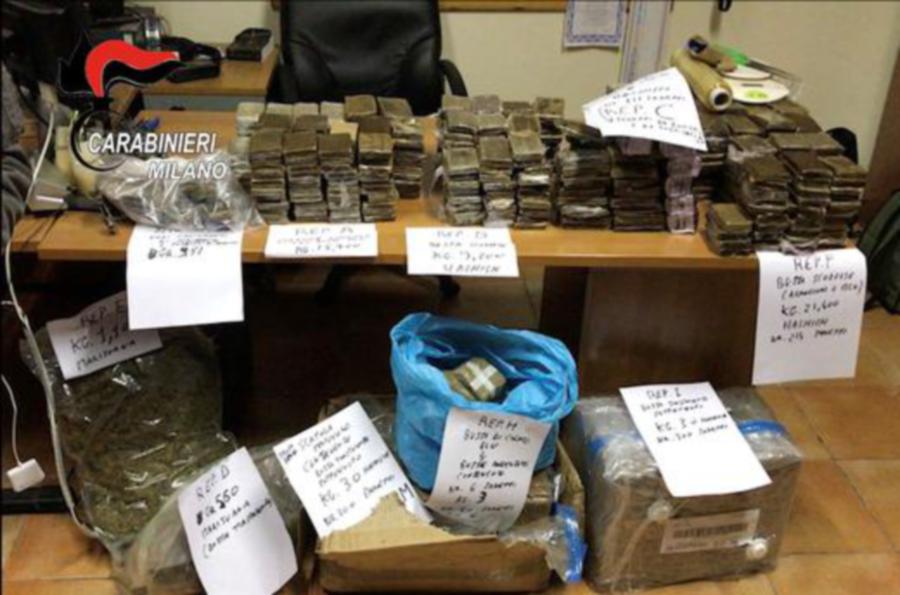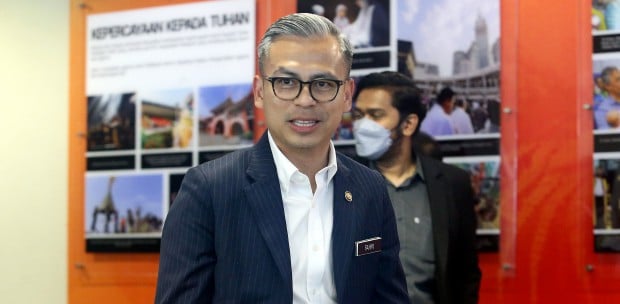Drugs cartels operating in Italy are increasingly using shadow networks of unlicensed Chinese money brokers to conceal cross-border payments, according to Italian judicial and law enforcement authorities.
The development highlights how an issue that US authorities have been battling in connection to Latin American narcotics groups has taken root in Europe.
In Italy, authorities are seeing an increased use of the money transfer networks, which operate without an easily traceable trail and facilitate rapid payments, seven judicial and law enforcement officials told Reuters. The transfer method involves depositing a sum with a money broker in one country while another agent in the network elsewhere in the world pays the equivalent amount to the intended recipient.
"The phenomenon is on the rise," said Italy's national anti-mafia prosecutor, Barbara Sargenti, who coordinates investigations both domestically and abroad. In an interview at her office in Rome, Sargenti said the growing number of related investigations was due both to an increase in activity and an improved ability by authorities to detect such cases.
She added that because money is transferred outside of the banking system it makes it very difficult for authorities to identify and trace. "This kind of financial intermediation undermines the entire international anti-money laundering system," which is based on the control and analysis of banking transactions, she said. Such measures are a key weapon in the fight against criminal gangs.
Italian authorities have announced at least six investigations involving drug gangs and the Chinese payment networks since the issue first publicly came to light about five years ago. Those probes involve alleged payments to narcotics suppliers in Latin America, Morocco and Spain, according to authorities and judicial documents reviewed by Reuters.
US authorities have said Chinese "money brokers" represent one of the most worrisome new threats in their war on drugs, as a Reuters investigation in 2020 found. Earlier this year, the head of the US Drug Enforcement Administration, Anne Milgram, highlighted the issue during a Senate committee hearing, saying Mexican drug cartels were using Chinese money laundering organisations "around the world to facilitate laundering drug proceeds."
It has become an issue for law enforcement in Europe, too. Europol, the European Union's police agency, told Reuters that Chinese criminal networks are "more and more engaged in the laundering of criminal proceeds in Europe," including from drug trafficking.
The seven people said, money transfers are part of a broader array of services offered by Chinese-linked organisations, including facilitating tax evasion, in what Italian authorities refer to as an "underground" banking system.
One of the people said there were about a dozen additional investigations underway involving money transfers or other illicit activity connected to Chinese organisations that haven't been made public. The person, who has direct knowledge of those probes, estimated tens of billions of euros each year were being moved out of Italy via the underground system.
Chinese authorities have previously vowed to crackdown on underground banking.
Asked if China was aware of the movement of large amounts of money via unlicensed Chinese money brokers in Italy, including by drug gangs, or whether it was helping Italy to tackle it, the Chinese foreign ministry spokesperson's office said in a statement: "I am not aware of the circumstances you mentioned."
The money transfers are based on a long-established informal payment system, often referred to by the Chinese term fei qian or fei chien, meaning flying money, which relies on a trusted network of transfer agents.
All seven, however, said money laundering was just one of the illicit services offered. There is a "parallel banking system" that has customers of various kinds "from tax evaders to drug traffickers," said Laura Pedio, a deputy chief prosecutor in Milan.
Last month, Milan prosecutors announced the arrest of 22 people and the seizure of 292 million euros following a probe into tax evasion that allegedly involved some Chinese middlemen in Italy.
Official wire transfers between Italy and China have shrunk over the past decade, which one senior investigator said suggested that the Chinese community in Italy had reduced their use of the official banking system. According to Bank of Italy data, remittances from Italy to China totalled 22 million euros in 2021, down from a high of 2.67 billion euros in 2012.
Italy's finance police last year set up a special unit to monitor the underground banking system. And, the new Italian government has asked the country's anti-mafia commission, which is made up of politicians, for the first time to probe "the Chinese infiltration in Italian society."
The writer is with the Reuters news agency





